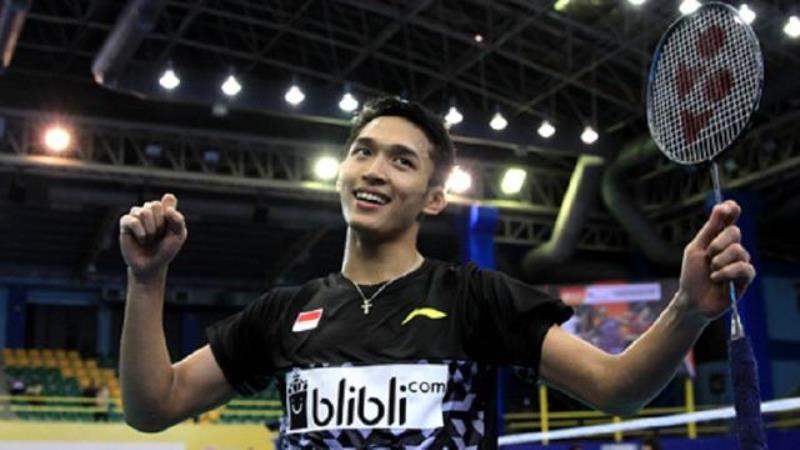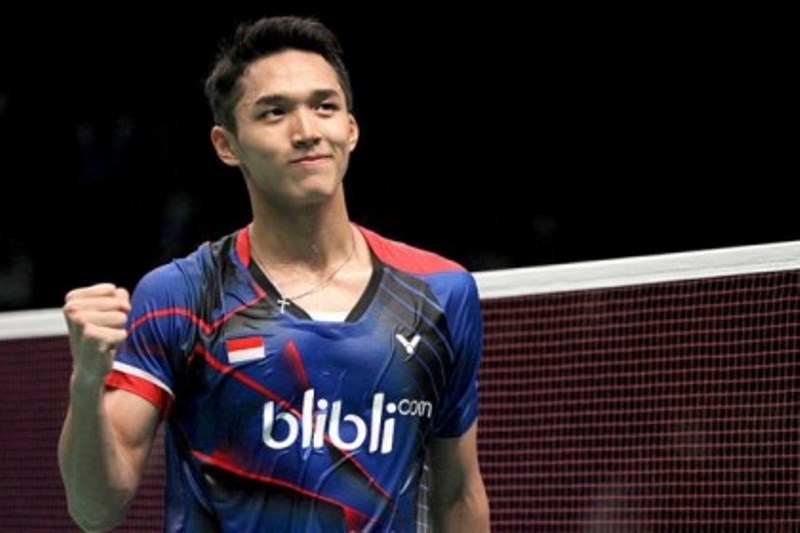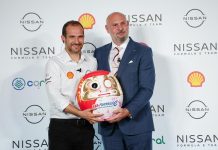
Untold riches will rain down upon the English Premier League in 2016, but for all their resources, the country’s leading clubs currently seem incapable of staking claims to the title.
The record £5.14 billion ($7.72 billion, 7.06 billion euros) television rights deal due to kick in next year will reinforce the English top flight’s status as European football’s financial behemoth.
But champions Chelsea have imploded, Arsenal and Manchester City remain hit-and-miss and while Liverpool find their feet under Jurgen Klopp, Manchester United appear to be stagnating under Louis van Gaal.
It has fallen to Leicester City to make the early running in what former United captain Gary Neville has described as “the most bizarre league that I have seen in a long time”.
The year’s first financial shockwave arrived in February, when Sky and BT Sport agreed a new domestic TV rights package for 2016-2019 worth 70 percent more than the deal for the previous cycle.
June brought news that record revenues of £3.26 billion for 2013-14 had enabled Premier League clubs to post pre-tax profits of £187 million — the first since 1999.
Even before the new TV deal takes effect, Premier League sides have been carrying out essential housekeeping — net debt across the league falling by six percent — as well as splashing out in the transfer market.
Total spending across the close-season transfer window reached a record £870 million, according to financial analysts Deloitte, and spending for the calendar year pierced the £1 billion barrier.
City led the way, notably shelling out £55 million for Kevin De Bruyne, while United provoked gasps by signing the relatively unheralded Anthony Martial for a fee that could reportedly reach £58 million.
But it was the transfer dealings of the smaller clubs that revealed England’s true financial might, from Xherdan Shaqiri leaving Inter Milan for Stoke City to Crystal Palace signing Yohan Cabaye.
All the while, the money continued to flow in — United embarking upon a £750 million kit deal with Adidas; Chelsea striking a £200 million shirt sponsorship agreement with Yokohama Tyres; a Chinese consortium paying $400 million for a 13 percent stake in City.
– ‘Tip of the iceberg’ –
The game’s current megastars — Lionel Messi, Cristiano Ronaldo, Neymar, Luis Suarez — may play elsewhere, but several Premier League clubs now harbour feasible ambitions of luring them to England.
And with oversights TV rights also due to be renegotiated in 2016, the monster shows no sign of being sated.
“This new English contract will dominate the market,” Bayern Munich chief executive Karl-Heinz Rummenigge predicted in September.
“We have just seen the tip of the iceberg. The transfer tsunami will increase in strength and height.”
But while Europe’s major clubs brace themselves for renewed raids from England, the season to date has eloquently demonstrated that money does not solve everything.
Chelsea, champions in May by an eight-point margin, have been sucked into a relegation battle after catastrophically losing nine of their first 16 games, creating a maelstrom of speculation about Jose Mourinho’s future.
Doubts persist over Arsenal’s backbone in spite of back-to-back FA Cup triumphs, while City have already lost four times in the league, including 4-1 drubbings by Liverpool and Tottenham Hotspur.
Van Gaal, meanwhile, is struggling to convince anyone that he is the man to restore United to the heights of the Alex Ferguson era amid reports of player dissent over the 20-time champions’ robotic football.
United crashed out of the Champions League in the group phase and although City, Chelsea and Arsenal reached the last 16, there is little faith that England’s four-year wait for European glory will end.
Tottenham, Palace, West Ham United, Everton, Stoke and promoted Watford have started the season well, but it is Leicester who have created the sensation.
Dogged and hard-working, Claudio Ranieri’s team are the antithesis of Premier League glitz and in Jamie Vardy and Riyad Mahrez they boast an attacking duo who cost just £1.4 million between them. – Agence France-Presse






































